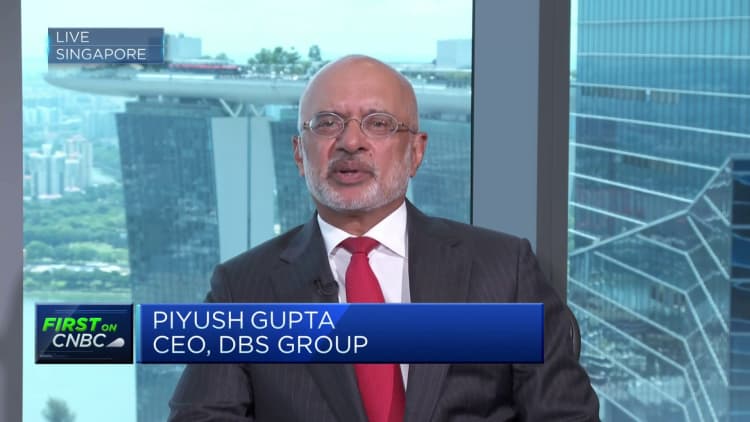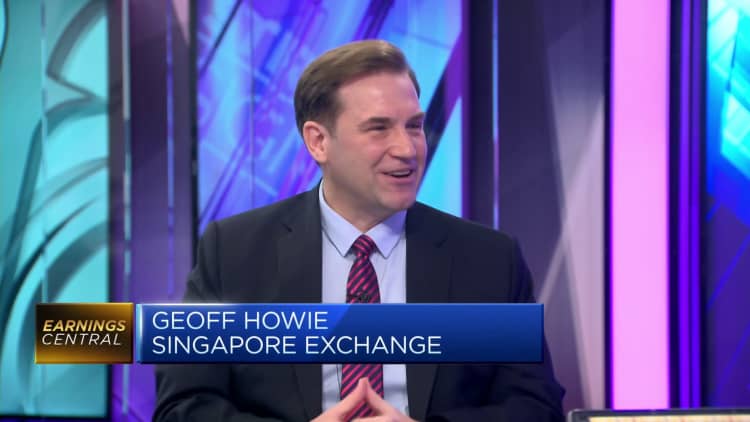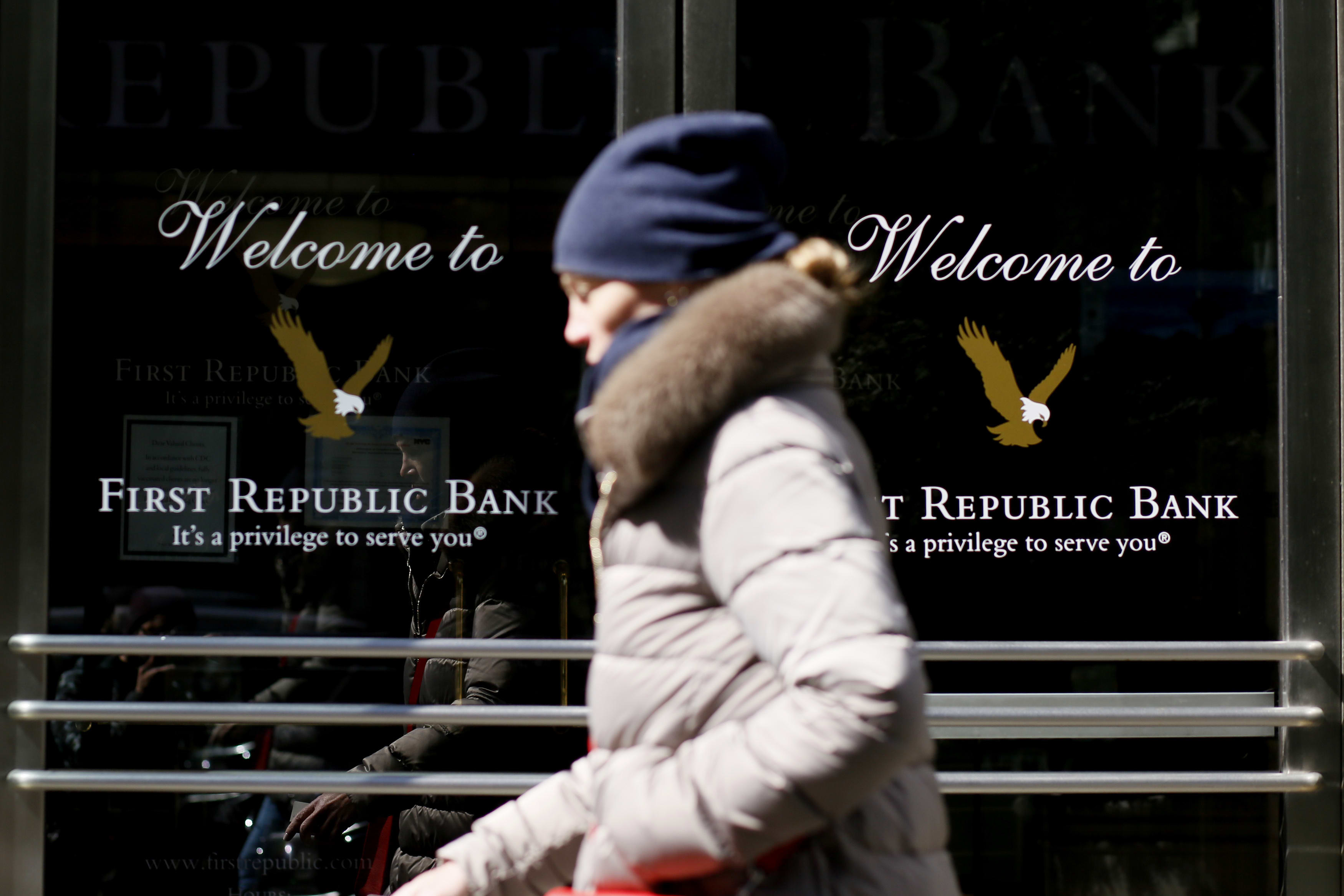

Singapore’s largest lender DBS Group Holdings expects net interest income to taper off in the future, but the bank is confident that it can ride on other drivers going forward, such as a growth in loans and fee income.
On Tuesday, DBS reported record revenue and net profit for the first quarter. Revenue came in at 4.94 billion Singapore dollars ($3.7 billion), up 34% from a year ago, while net profit stood at SG$2.57 billion, a 43% jump compared with the same period the last year.
DBS said this was due to “higher net interest margin, sustained business momentum and resilient asset quality.” Net interest margin, or NIM, rose 66 basis points year-on-year to 2.12%, compared with 1.46% in the first quarter of 2022.
Net interest income is a measurement comparing the interest income a firm generates from credit products like loans and mortgages, with the outgoing interest it pays out, such as to savings accounts or fixed deposits.
Speaking to CNBC’s “Capital Connection,” DBS CEO Piyush Gupta said NIM’s “have probably peaked at around these levels” — about 2.1% for February to April.
Despite saying there will limited upside from these levels, Gupta said he expects the pace of decline will be very gradual and not “falling off a cliff.” DBS guided for a full-year average of between 2.05% and 2.1% for NIM in 2023.

Geoff Howie, market strategist for equities at the Singapore Exchange, agreed with Gupta’s view, saying growth in NIM will become more difficult as interest rate hikes, especially from the U.S. Federal Reserve, start to taper off.
Speaking to CNBC’s “Street Signs Asia,” Howie said, “From a net interest margin perspective, how do you back up from say, 475 basis points of Fed funds hikes over 13 months or so?”
Rising rates generally boost bank earnings by allowing banks to raise rates on loans, while the interest costs to banks — like that paid on deposit accounts — can remain unchanged.
He noted that in 2022, net interest income jumped about 30% for Singapore’s three major banks, but as NIMs are “somewhat consolidating,” it will be difficult to continue this pace of growth.
Howie points out “you had nine consecutive quarters of quarter-on-quarter net interest income growth, that might be the end of it for some time, [and] we expect some consolidation in the net interest income.”

In light of the results, the company’s board also declared a dividend of 42 Singapore cents per share for the first quarter, higher than the 36 cents in the same period a year ago.
Shares of DBS rose as much as 1.37% on Tuesday following the results.
Other growth drivers
While Gupta sees net interest income growth tapering off, he said the bank is still seeing “healthy business momentum.” He said growth forecasts for Asia are still “quite robust” despite the slowdown in the West.
He noted that “two quarters ago, everybody was fairly sure there will be a recession [in the West] , and now the jury’s out whether they might actually escape a recession. So we think that a slowdown is not going to be calamitous.”
Gupta said he continues see supportive fundamentals in Asia, saying “the demographics are good, infrastructure spending is going on, trade and intra-Asia trade continues to be robust, wealth management continues to be very strong”
As such, he said that these drivers are in place to help DBS continue to build a business “quite decently” going forward.


